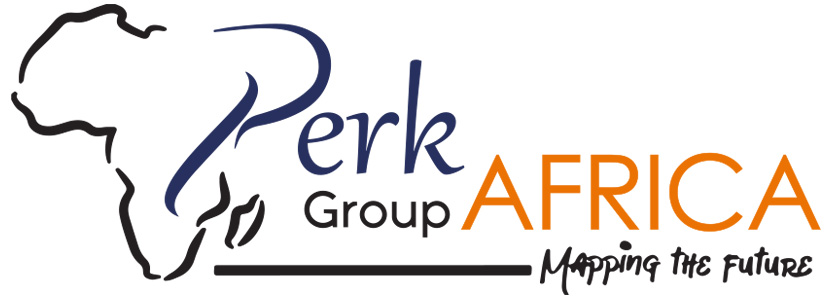On 29th July 2022, we had a panel discussion on “Protection concerns of Children, Women, Youths, and Persons living With Disability; pre, during and post elections period of Kenya 2022″. Our very able panelists were;
Ms. Margaret Maina, a social worker, and case management personnel, currently working at Mully Children’s Family.
Dr. Matilda Mwakazo, a Disability Mainstreaming expert, currently working with the Ministry of Health Kenya, and
Maureen Nderitu, a gender, and social inclusion expert, currently working at ICFRC.
We had a great conversation on matters revolving around protection during the elections period, some of the insights we gained are as follows;
African politics have a take it all policy. The aggressiveness that comes with this mindset leads to the misuse of the public and mostly the youth and the children. The campaign period is also characterized by an attitude of unaccountability as the system has always looked the other way and not made them answerable to mindless campaigning.
For example, in the case of children, it’s against the children’s rights to give children money, and yet we see it happening countless times on campaign trails. Noise pollution during and near schools while classes are in session could be considered rude and inconsiderate.
Poverty and hard economic times nonetheless have created a thirst for free handouts. This draws in numerous people to the campaign trails. Some of these people are women, who rush to these locations and leave their children unattended and vulnerable. There should be proper guidelines and policies to govern campaign trails, especially those that will guard and consider the needs and vulnerabilities of children during these periods.
As for the persons with disability, most manifestos, and procedures to be used during and after elections are discussed, compiled, and published without their involvement. As their representative in these discussions kept saying ‘Nothing about us, without us’. Sign language interpretation is not used during campaign trails or enough braille interpretations for the documentation produced pre, during, and post-election periods. In case of unrest or riots, the disabled are not able to escape as fast. There should be guarded safe spaces for them so that they can participate in all the pre and post elections excitements without feeling unsafe.
Election years are characterized by opportunistic crimes. Gender-based violence is on the rise, harassment and intimidation of women, youths, and minority ethnic groupings. Female aspirants are harassed in their campaigns and their ability is judged with respect to their family units. The women voters are not given platforms as in community barazas to express their views on elections-related issues.
Youths are constantly mobilized and misused as they have no jobs. Their hope for a better tomorrow is taken advantage of by the use of hollow promises and pocket change as compensation for rallying in the campaigns. Misinformation through the mainstream media and social media is rampant at misquoting and misinterpreting aspirants’ utterances during the campaigns. These misinterpretations may insight the public into a negative reaction post-election.
Youths and children should be sensitized and are currently being sensitized on proper election procedures and ethics. Public schools are conducting heads of school elections, that are facilitated by the IEBC. The candidates are given a period to run their campaigns. During this time, it is instilled in these children at a young age, the ethical requirements of running a campaign and of voting wisely.
The government recently released a children’s bill that puts into consideration the protection concerns of children in Kenya. In lieu of this, it would be important if children were also given a voice. Up to a certain age, children have very good opinions and ideologies about what should and should not be done to them like forced cheap labor. Grown-ups always make decisions for the children without involving them.
Most persons with disability are learned people who can sit at the table to help in the decision process. Involvement reduces the fear of the unknown and increases sensitivity and empowerment among them. This applies to also women and the youth.

